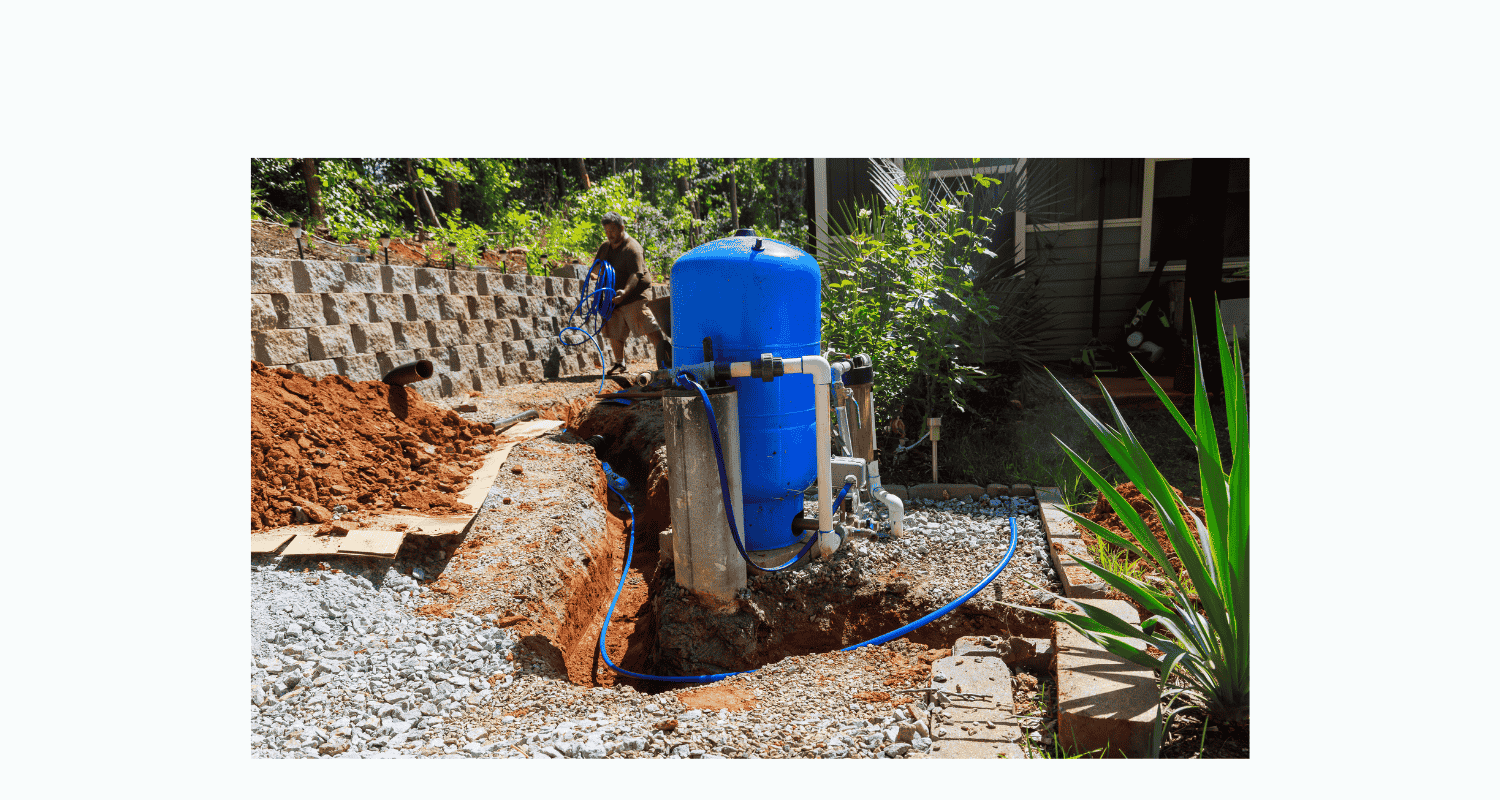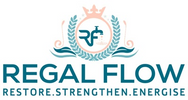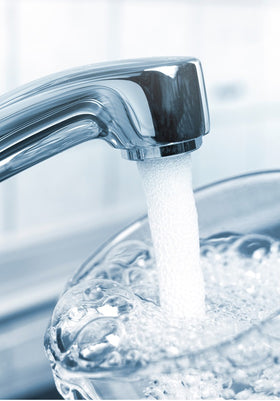
Is Reverse Osmosis Good for Well Water? Here's What You Need to Know
Is reverse osmosis good for well water? Short answer: Yes! If you’re fed up with worrying about bacteria, chemicals, and unpleasant smells in your well water, reverse osmosis (RO) systems are a real game-changer. Whether you're using a countertop dispenser or a full-house system, Exploring Reverse Osmosis: Detailed Analyses and Practical Uses explains why RO is the answer to cleaner, safer water. Read on to find out how it works and why it's the go-to solution for many well water users.
Understanding Well Water Challenges
Well water can be an absolute blessing, but it doesn’t come without its challenges. Unlike tap water from municipal systems, well water can be unpredictable. The quality depends on various factors, such as the water source and the surrounding environment. Whether it’s bacteria, chemicals, or minerals, there’s a lot that can go wrong with well water – and often, these issues aren’t immediately visible.
Common Contaminants in Well Water
Common culprits found in well water include things like harmful bacteria, viruses, nitrates, and even heavy metals such as lead and arsenic. These contaminants can lead to serious health issues if left untreated. And then, there are the minerals like iron and sulphur, which can make your water taste metallic or smell like rotten eggs. Not exactly the refreshing sip you were hoping for!
The Importance of Water Testing
So, what’s the best way to tackle these challenges? Start with a water test. Testing your well water is vital because it helps you identify exactly what’s floating around in your supply. A simple test can pinpoint the contaminants and help you choose the best filtration system. Plus, it’s a smart move for peace of mind—after all, you can't fix a problem you haven’t identified.
Reverse Osmosis and Well Water Purification
Reverse osmosis is a tried-and-tested method for purifying well water. It uses a semi-permeable membrane that filters out contaminants, giving you cleaner and safer water. But how exactly does this clever technology tackle the specific problems found in well water? At the heart of an RO system is a filter that traps harmful particles. When you run your well water through it, contaminants such as bacteria, viruses, and chemicals are removed, leaving only clean water behind. It's a brilliant way to handle the issues that come with well water, as it ensures your drinking water is both safe and refreshing.
Removing Minerals and Heavy Metals
One of the standout features of reverse osmosis is its ability to remove heavy metals like lead, arsenic, and iron. These metals can cause serious health problems and leave your water tasting unpleasant. An RO system can significantly reduce these contaminants, ensuring that you get the cleanest water possible.
Ensuring Safe Drinking Water
When you use an RO system, you're not just improving the taste of your water; you're ensuring it’s safe to drink. With the ability to filter out dangerous bacteria and harmful chemicals, RO gives you a layer of protection that makes your water safer for the whole family. Think of it as a guardian for your health, ensuring that every glass of water is as pure as it should be.
Benefits of RO for Well Water Users
If you’re still on the fence about using an RO system, here’s why it’s worth considering: it offers a range of benefits that go beyond just cleaning your water. From improving the taste to protecting your household from contaminants, an RO system can be a real game-changer. Ever noticed a strange taste or smell in your well water? It's often due to chlorine, sulphur, or other contaminants. An RO system can remove these, leaving you with clean, great-tasting water. You’ll notice the difference in your drinking water, cooking, and even your tea or coffee—yes, it really makes that much of a difference!
Protection Against Harmful Substances
RO systems are incredibly effective at removing dangerous substances like bacteria, nitrates, and heavy metals. This protection is especially important if you have small children, elderly family members, or anyone with a weakened immune system. With an RO system in place, you’re giving your family an extra layer of defence against harmful contaminants that could otherwise go undetected.
System Considerations for Well Water
While reverse osmosis is a great solution for purifying well water, it’s essential to consider a few factors before installing your system. From pre-treatment to maintenance, there are several things to keep in mind to ensure your RO system works efficiently.
Pre-Treatment Needs
Depending on your well water quality, you might need to pre-treat the water before it reaches your RO system. For example, if your water has a lot of sediment, a sediment filter is a good idea to stop the system from becoming clogged. A water softener is another useful tool if your water is particularly hard. These pre-treatments ensure that your RO system runs smoothly and lasts longer. There are different types of RO systems, so choosing the right one for your needs is crucial. If you're dealing with just one tap or a small area, a countertop dispenser might be enough. However, if you need to treat all the water coming into your home, a whole-house system might be the better option. Think about your household's needs, the flow rate, and the types of contaminants you’re dealing with when selecting a system.
Maintenance and Monitoring
To keep your RO system running efficiently, it’s important to carry out regular maintenance. This includes replacing filters, cleaning the system, and checking for any issues that may have popped up. Regular monitoring of your water quality will also help you spot any changes and ensure that the system continues to do its job properly.
Well Water Testing and RO Integration
Regular testing and proper integration of your RO system are key to achieving the best results. A well-maintained system paired with consistent testing will keep your water pure and safe for the long term.
Regular Testing for Optimal Results
Water quality can change over time, which is why it’s important to test your well water every 6 to 12 months. This helps you stay on top of any new contaminants that may appear. With regular tests, you can adjust your RO system to ensure it’s still doing its job efficiently.
Integrating RO into Your Well Water System
Once you’ve identified the contaminants in your well water, it’s time to integrate the RO system. If you're using other filtration methods, such as UV or carbon filters, make sure they complement your RO system. When properly integrated, an RO system can work hand-in-hand with other systems to give you the purest water possible.
Conclusion: Securing Clean Well Water with RO
Reverse osmosis is a fantastic choice for ensuring your well water is clean, safe, and tastes great. By selecting the right system and staying on top of maintenance and water testing, you can enjoy purified water for years to come. Whether you're dealing with bacteria, chemicals, or hard water, RO systems offer a practical and effective solution.
Key Takeaways for Well Water Users
-
Reverse osmosis effectively removes harmful contaminants, including bacteria, heavy metals, and chemicals.
-
Regular testing and maintenance are essential to keep your system running smoothly.
-
Choosing the right system based on your household's needs will ensure long-term success.
Ensuring Long-Term Water Safety
With an RO system, you’re not just improving your water quality today, but safeguarding your water for the future. Regular testing, maintenance, and the right system will ensure your well water remains safe and clean for years to come.
More Reverse Osmosis info we think you'll love
Is Reverse Osmosis Water Chlorine Free?
Is Reverse Osmosis Water the Best?
Can Reverse Osmosis Remove Lead?
Can Reverse Osmosis Remove PFAS?
Can Reverse Osmosis Remove Salt?
Is a Reverse Osmosis System Needed for Window Cleaning?
Does Reverse Osmosis Remove Viruses from Water? Understanding the Filtration Process
How do I Maintain my Reverse Osmosis System for Longevity and Performance?
Is Reverse Osmosis Water Good for Coffee? Exploring Water Quality for the Perfect Brew
Reverse Osmosis vs. Carbon Filters for Well Water: Which is Best for Your Needs?



Leave a comment